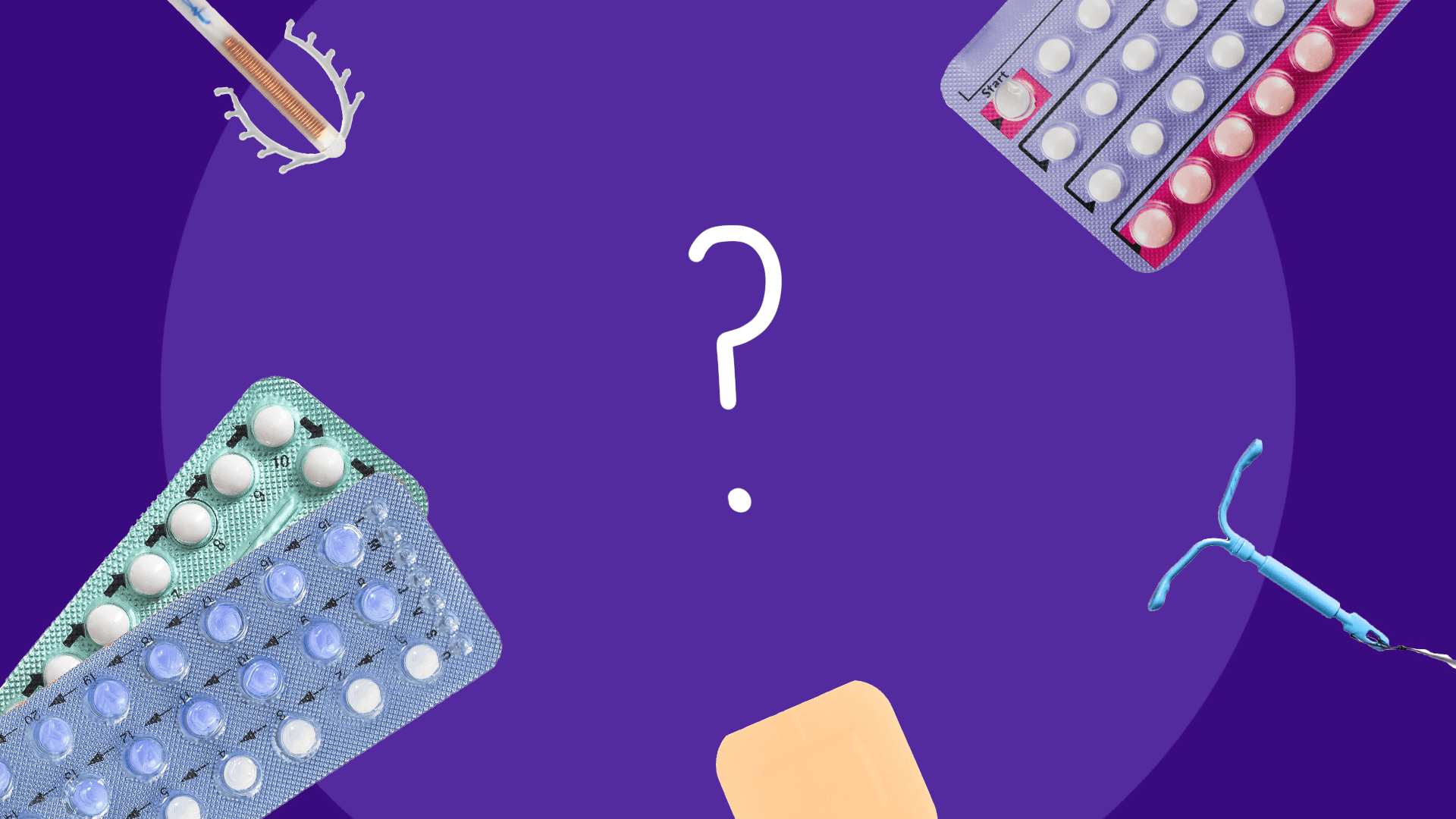Essure
An Essure surgery may be perfect for you if you're seeking an alternative to tubal ligation or other permanent birth control procedures. This treatment is a fantastic choice for women who want a long-lasting, easy-to-use birth control method that does not involve surgery. However, there are several drawbacks to this approach. Before determining whether or not they are right for you, see your doctor.
Vasectomy

A vasectomy is a medical treatment that involves blocking or removing a man's vas deferens (the tubes that deliver sperm from his testicles to his urethra). Although vasectomies are characterized as permanent birth control because they are not meant to be reversible, some men have reported reversing their own vasectomies.
Tubal ligation
Tubal ligation is a type of birth control that is permanent. The fallopian tubes of a woman are permanently blocked. Laparoscopic or abdominal surgery might be used to execute the operation. Tubal ligation is a common alternative for women who do not wish to have children in the future because it is 99 percent successful.
IUDs
A little T-shaped piece of plastic called an IUD is put into your uterus to prevent conception. Paragard and Mirena are the most prevalent kinds. These can last anywhere from three to 10 years, depending on which one you obtain, but a doctor can remove them at any moment.
Implantable rods
Most reversible long-acting contraceptives are similarly safe. A tiny rod implanted beneath your skin in your upper arm by a qualified health care practitioner is one such way. The rod produces progestin and slowly distributes it into your body over the course of three years, following which it may be withdrawn at any time. During or after the implantation of an implanted rod, no hormones enter your bloodstream.
Emergency contraceptive pills
Due to their adaptability and simplicity, these tablets have grown in popularity in recent years. They should be consumed after unprotected intercourse but before ovulation (within five days). They include a hormone called levonorgestrel, which is comparable to progesterone and works by blocking ovulation and thickening cervical mucus to prevent conception. If you use these tablets within 5 days after having unprotected sex or if you had a condom break during intercourse, they are safe.
Condoms
Due to their adaptability and simplicity, these tablets have grown in popularity in recent years. They should be consumed after unprotected intercourse but before ovulation (within five days). They include a hormone called levonorgestrel, which is comparable to progesterone and works by blocking ovulation and thickening cervical mucus to prevent conception. If you use these tablets within 5 days after having unprotected sex or if you had a condom break during intercourse, they are safe.
Abstinence from alcohol and other drugs (note this includes both sexual abstinence and non-sexual abstinence such as fasting.)
Abstinence from sex is completely risk-free and remains one of the most effective methods of preventing pregnancy. Abstinence prevents pregnancy 98 percent of the time, according to statistics on Planned Parenthood's website (2013). When it comes to contraceptives, abstinence should be your first choice. While abstinence is not something that everyone can maintain for the rest of their life, it should be advocated as a backup to another type of birth control.